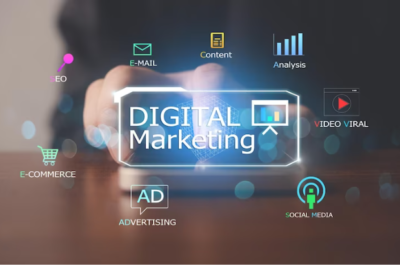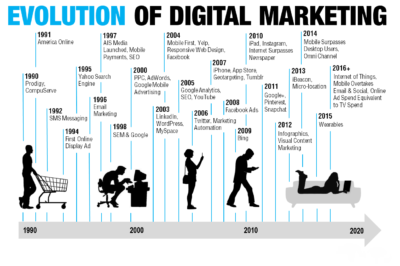
The Evolution of Digital Marketing: A Comprehensive Guide
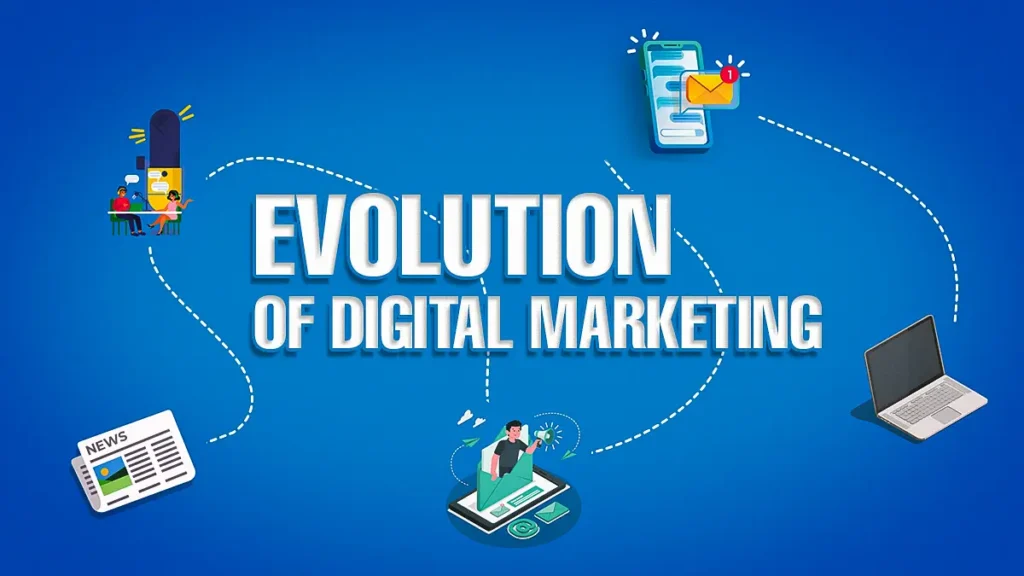
Introduction
In today’s rapidly evolving digital landscape, marketing has undergone a profound transformation. The advent of the internet and digital technologies has given rise to a new era of marketing known as digital marketing. This comprehensive guide will delve into the evolution of digital marketing, exploring its origins, key milestones, and the transformative impact it has had on businesses and consumers alike.
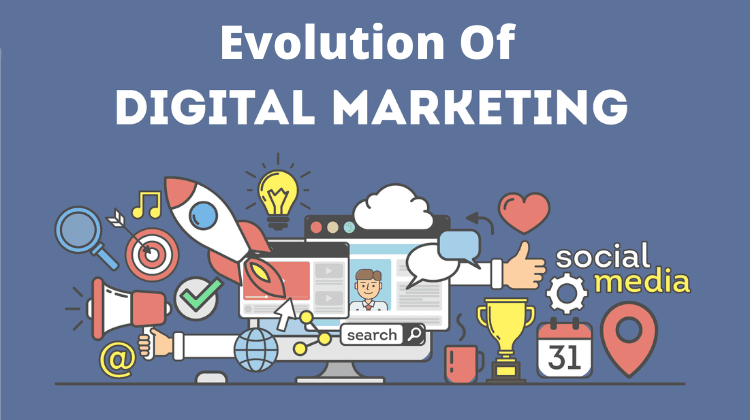
The Early Days: Web 1.0 and Search Engine Optimization (SEO)
The roots of digital marketing can be traced back to the early days of the internet, known as Web 1.0. During this period, websites were primarily static and served as online brochures for businesses. Search engine optimization (SEO) emerged as a crucial technique to improve website visibility in search engine results pages (SERPs). By optimizing website content and structure for relevant keywords, businesses could attract organic traffic from search engines.
The Rise of Social Media: Web 2.0 and Content Marketing
The advent of Web 2.0 brought about a paradigm shift in digital marketing. Social media platforms such as Facebook, Twitter, and LinkedIn gained immense popularity, enabling businesses to connect with their target audience on a more personal level. Content marketing became a key strategy, as businesses created and shared valuable content to engage and educate their followers.
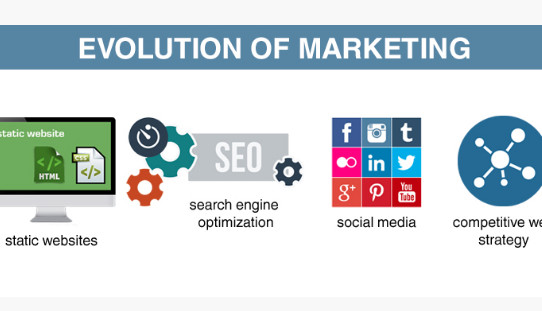
The Mobile Revolution: Smartphones and App Marketing
The proliferation of smartphones and mobile devices ushered in a new era of digital marketing. Businesses recognized the need to optimize their websites and marketing campaigns for mobile users. App marketing emerged as a powerful channel to reach consumers on their mobile devices, providing personalized experiences and targeted advertising.
The Age of Data and Analytics: Big Data and Artificial Intelligence (AI)
The explosion of data in the digital age has transformed the way businesses approach marketing. Big data analytics and AI have enabled marketers to collect, analyze, and interpret vast amounts of data to gain insights into consumer behavior, preferences, and trends. This data-driven approach has led to more targeted and effective marketing campaigns.
The Future of Digital Marketing: Personalization and Automation
As digital marketing continues to evolve, personalization and automation are becoming increasingly important. Businesses are leveraging AI and machine learning to tailor marketing messages and experiences to individual consumers. Automation tools are streamlining marketing processes, freeing up marketers to focus on strategic initiatives.
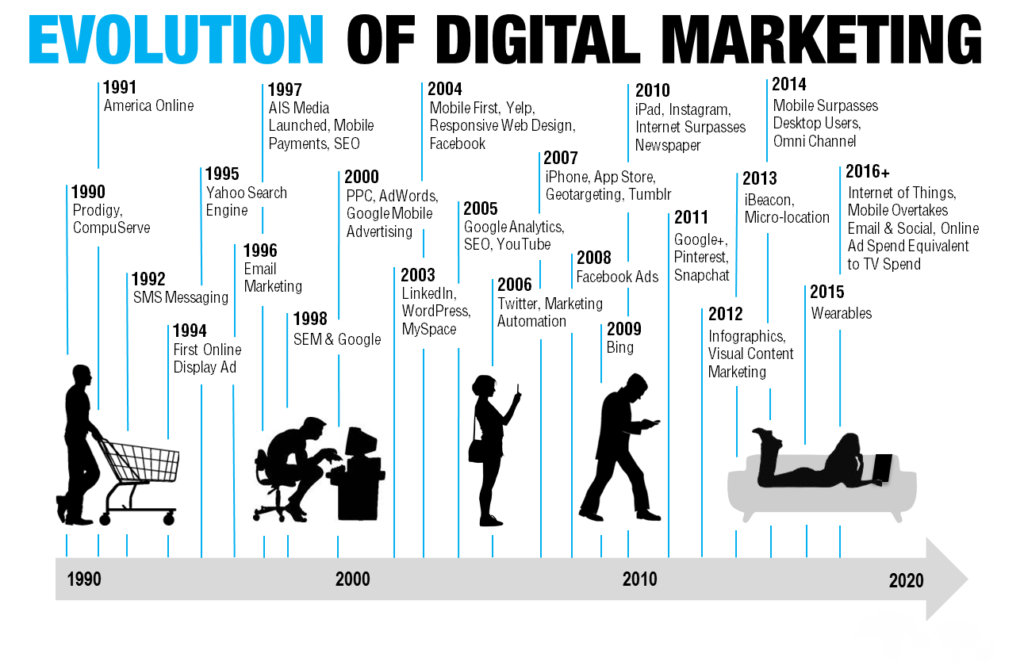
Conclusion
The evolution of digital marketing has been a remarkable journey, marked by technological advancements, changing consumer behaviors, and innovative marketing strategies. From the early days of SEO to the rise of social media, mobile marketing, and data analytics, digital marketing has transformed the way businesses connect with their customers. As technology continues to evolve, we can expect to see even more transformative changes in the future of digital marketing. By embracing these changes and leveraging the latest tools and techniques, businesses can stay ahead of the curve and achieve greater success in the digital age.

